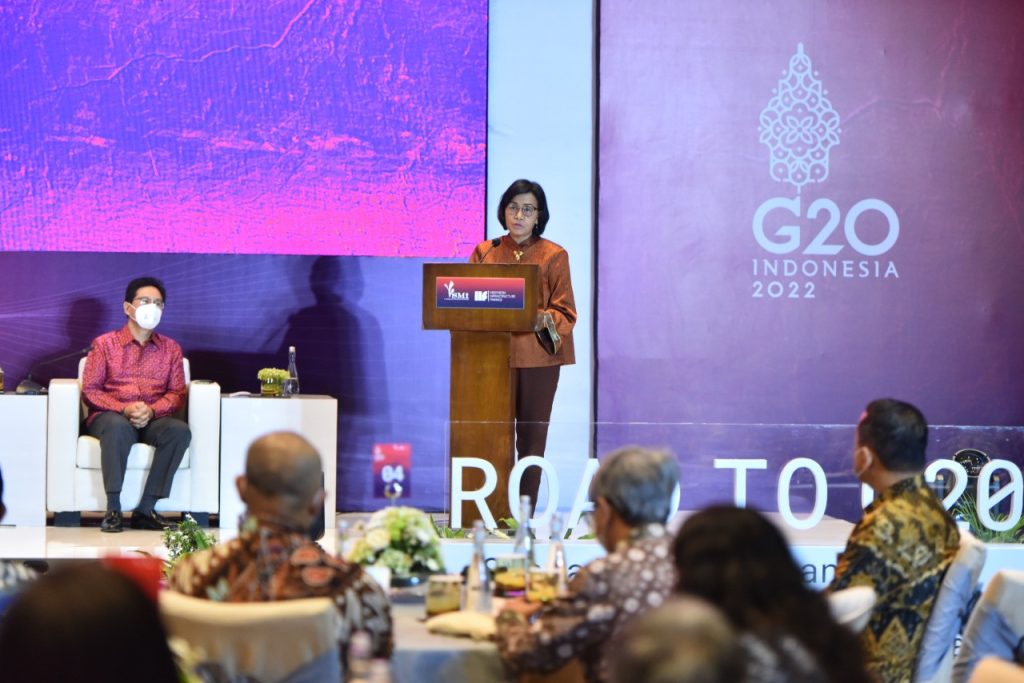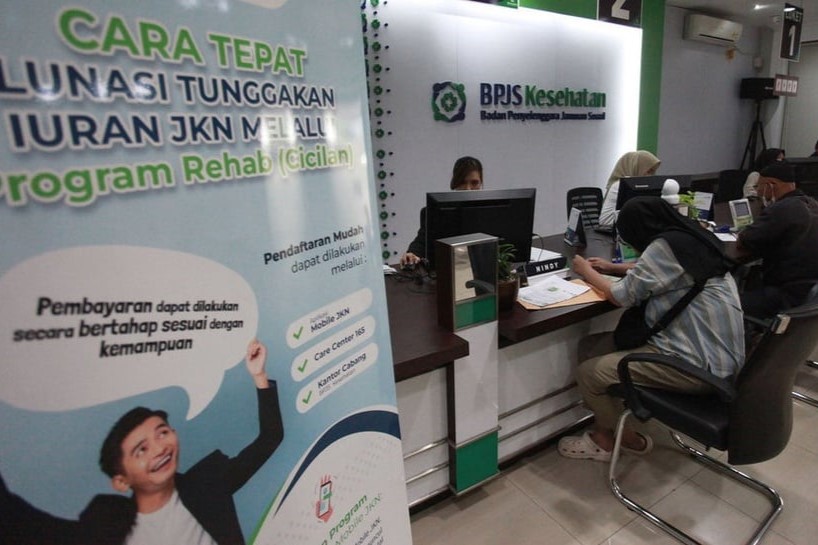
The Group of 20 Finance Ministers and Central Bank Governors (FMCBG) have pledged to tackle climate change and protect the environment, including the prevention of biodiversity loss. They are committed to realizing the Paris Agreement through a complete range of fiscal, market and regulatory mechanisms. However, implementing their commitment will be challenging and too slow. The G20, as a platform comprising the world’s most influential economies, has a pivotal role in accelerating these commitments, especially for Indonesia, the holder of this year’s G20 presidency. One thing that must be done to support the green economy transition, one of the current G20 presidency’s priorities, is to forge stronger coordination among G20 members toward initiating a more comprehensive green taxonomy that goes beyond the “green” category. There are at least three fundamental reasons why the green taxonomy is important and relevant: 1) worsening impact of climate change, 2) less ambitious Nationally Determined Contribution (NDC), 3) financing gap in climate adaptation and mitigation.
Read more: The Jakarta Post



